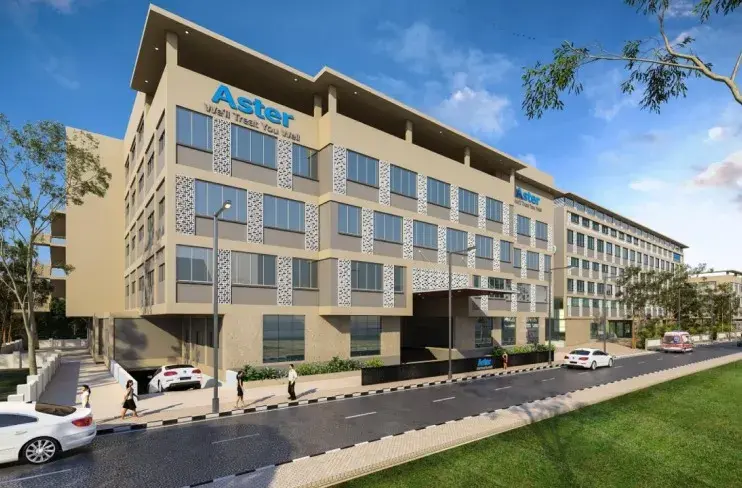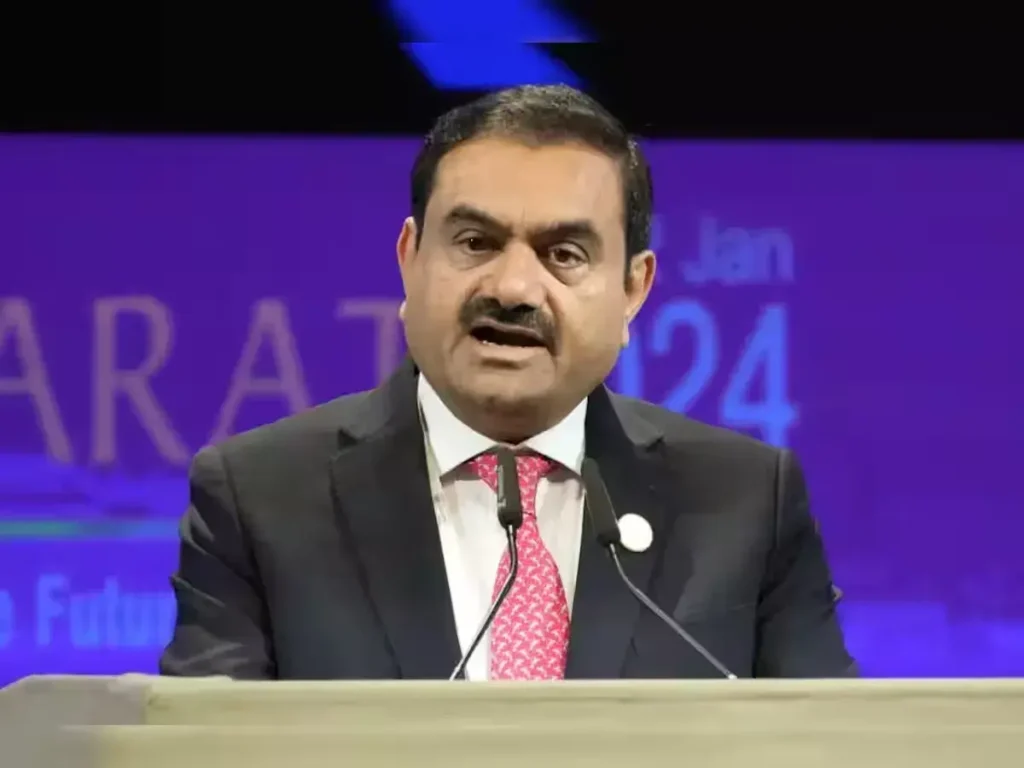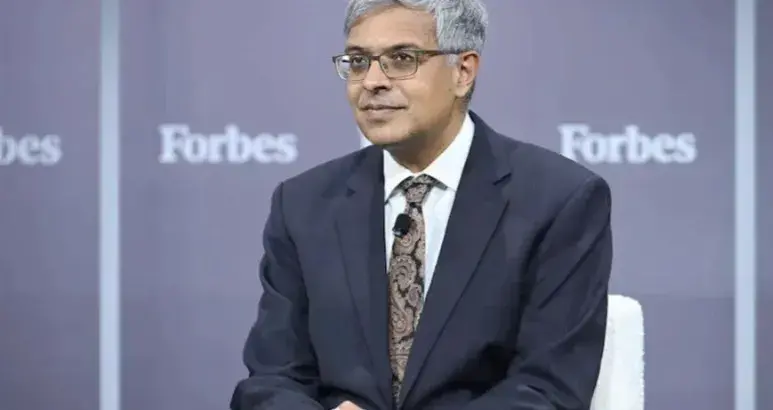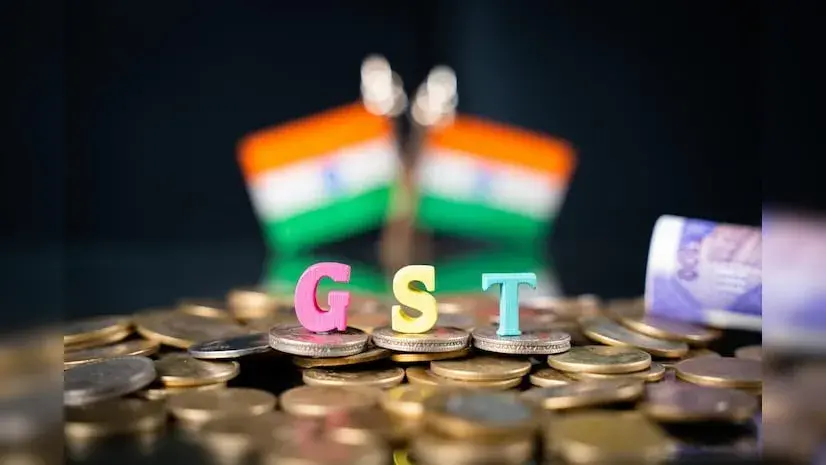The 10th edition of India International Science Festival 2024 (IISF 20204) is set to take place at Indian Institute of Technology Guwahati from 30th November to 3rd December 2024. The event is being organised by the Council of Scientific and Industrial Research (CSIR), under the aegis of the Ministry of Science and Technology, and Ministry of Earth Sciences, Govt. of India. It is being held in collaboration with the Department of Atomic Energy, Department of Space, IIT Guwahati, and Vijnana Bharati, promising to be a pivotal event in India’s scientific and technological landscape. With the theme, “Transforming India into an S&T-Driven Global Manufacturing Hub”, IISF 2024 marks a significant milestone as the first edition hosted in the Northeast, emphasising the Govt. of India’s commitment to expanding the reach of science and innovation to underrepresented regions. During a press conference held today, 29th November 2024, at the Gauhati Press Club, insights about the event were unveiled by Dr. (Mrs.) N. Kalaiselvi, DG-CSIR and Chairperson, IISF 2024 Steering Committee; Dr. C. Anandharamakrishnan, Director, CSIR-NIIST, Thiruvananthapuram, and IISF 2024 Chief Nodal Coordinator; Shri Vivekananda Pai, Secretary General, VIBHA; Dr. Virendra M. Tiwari, Director, CSIR-NEIST, and Mr. Monuj Kumar Baruah, ACS, Additional Secretary to the Govt. of Assam. The inaugural event will take place in the esteemed presence of Dr. Himanta Biswa Sarma, Hon’ble Chief Minister of Assam, as the Chief Guest; Dr. Jitendra Singh, Hon’ble Union Minister of State (Independent Charge) for Science & Technology, Govt. of India, who will deliver the Presidential Address; and Shri Conrad Kongkal Sangma, Hon’ble Chief Minister, Meghalaya, as the Guest of Honor. Expected to attract over 8,000 delegates and welcome an additional 10,000 daily visitors from across the country, IISF 2024 will offer: Interactive Exhibits showcasing cutting-edge science and technology. Panel Discussions with leading scientists and thought leaders. Science Competitions to inspire young minds. Additionally, a diverse lineup of themed programs will include Chandrayaan (The Museum of Moon), Sci-Tech Expo (Science- Technology- Defence- Space Exhibition), Science Odyssey of the North-East (Focused S&T for the North East), Make in India; Make for the World (Global Manufacturing Summit), The New Nalanda (Student S&T Village), Pragya Bharat (New Frontiers in S&T for Viksit Bharat 2047), Nari Shakti (Women Development to Women-led Development in S&T), S&T Hackathon (Ideas for Viksit Bharat), Young Scientists Conclave (Empowering the Youth), Mission Startup (Innovation, Technology and Entrepreneurship), and North-East Symphony (North East Cultural Fest), among others. These programs aim to drive discussions on India’s transformation into a science-driven global manufacturing powerhouse, aligning with flagship initiatives such as “Make in India” and “Atmanirbhar Bharat.” Speaking about IISF 2024, Dr. (Mrs.) N. Kalaiselvi, DG-CSIR, Chairperson, Steering Committee IISF 2024, said, “India International Science Festival (IISF) 2024 marks a milestone as we bring its 10th edition to the Northeast for the first time, showcasing the rich heritage of this region in culture and biodiversity while connecting it to the cutting-edge advancements in Indian science and technology. Hosting IISF in Guwahati reflects the Government of India’s commitment to integrating diverse regions of the country into the national science ecosystem, fostering a sense of unity and innovation. This festival is not just a celebration of science; it is a movement of national importance. From inspiring students with live interactions with scientists in Antarctica to hosting leadership conclaves and industrial summits, IISF 2024 exemplifies our vision of transforming India into a science-driven global manufacturing hub by 2047, with a special focus on leveraging the Northeast as a key driver of this transformation.” Dr. (Mrs.) Kalaiselvi, further added, “With participation from over 10,000 students, hundreds of researchers, and leading scientific institutions, this festival will ignite a spirit of curiosity and collaboration, ensuring the next generation embraces science as a tool for national growth and global leadership. Together, through IISF, we aim to amplify the message of ‘Science for Society’ and take Indian science to every corner of the world.” Since its inception, IISF has been a platform for promoting scientific temper, innovation, and research among all sections of society. It has brought together scientists, innovators, students, and the general public to foster curiosity, encourage meaningful dialogue, and celebrate the wonders of science. IISF 2024 will also emphasise global collaborations through themes like Science Beyond Borders, encouraging the exchange of ideas with international scientific communities. Special focus will also be placed on the region’s unique contributions through the North-East Symphony. IISF 2024 promises to be a transformative celebration of science and technology, shaping India’s journey toward a sustainable and innovation-driven future.










